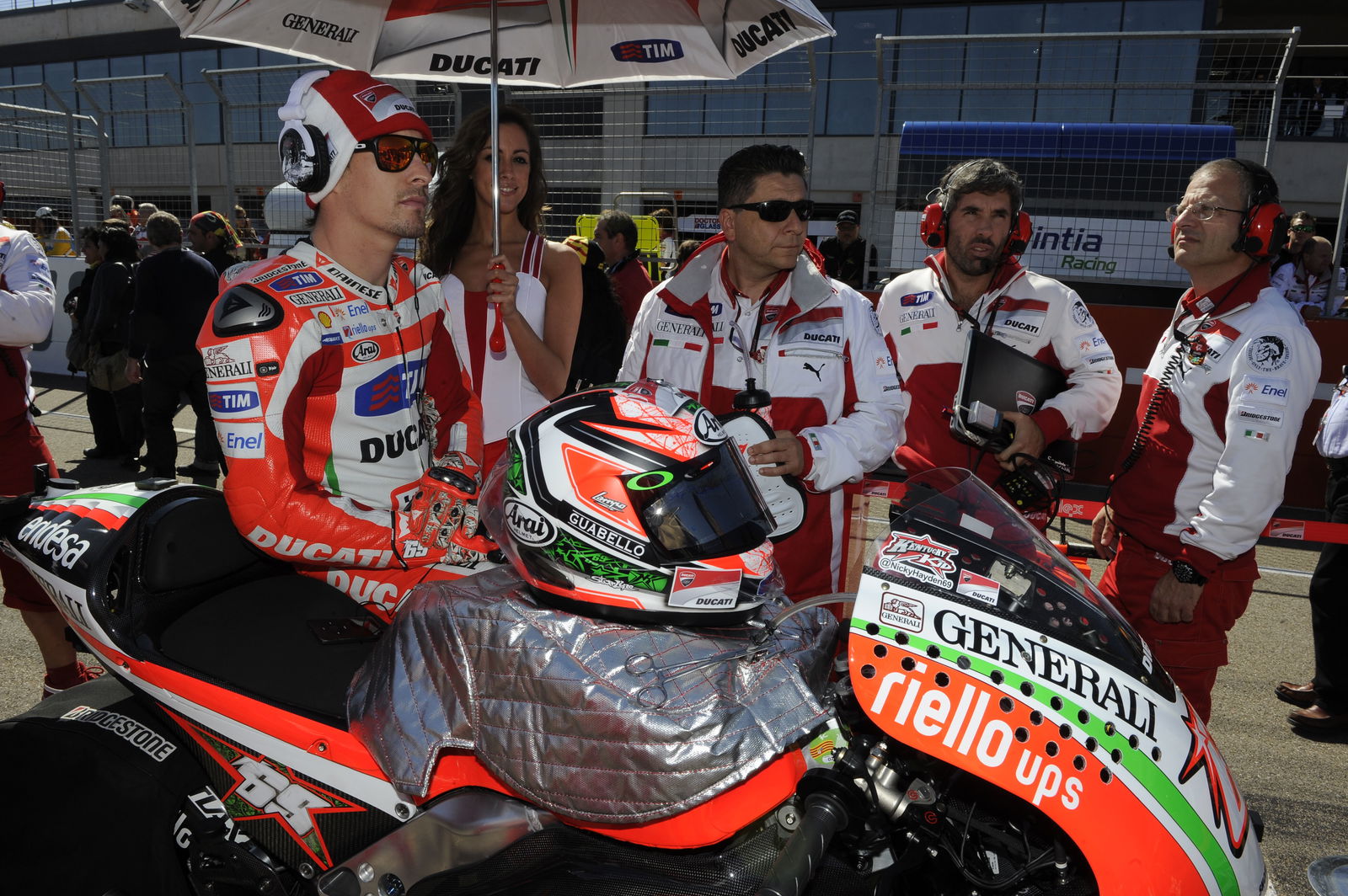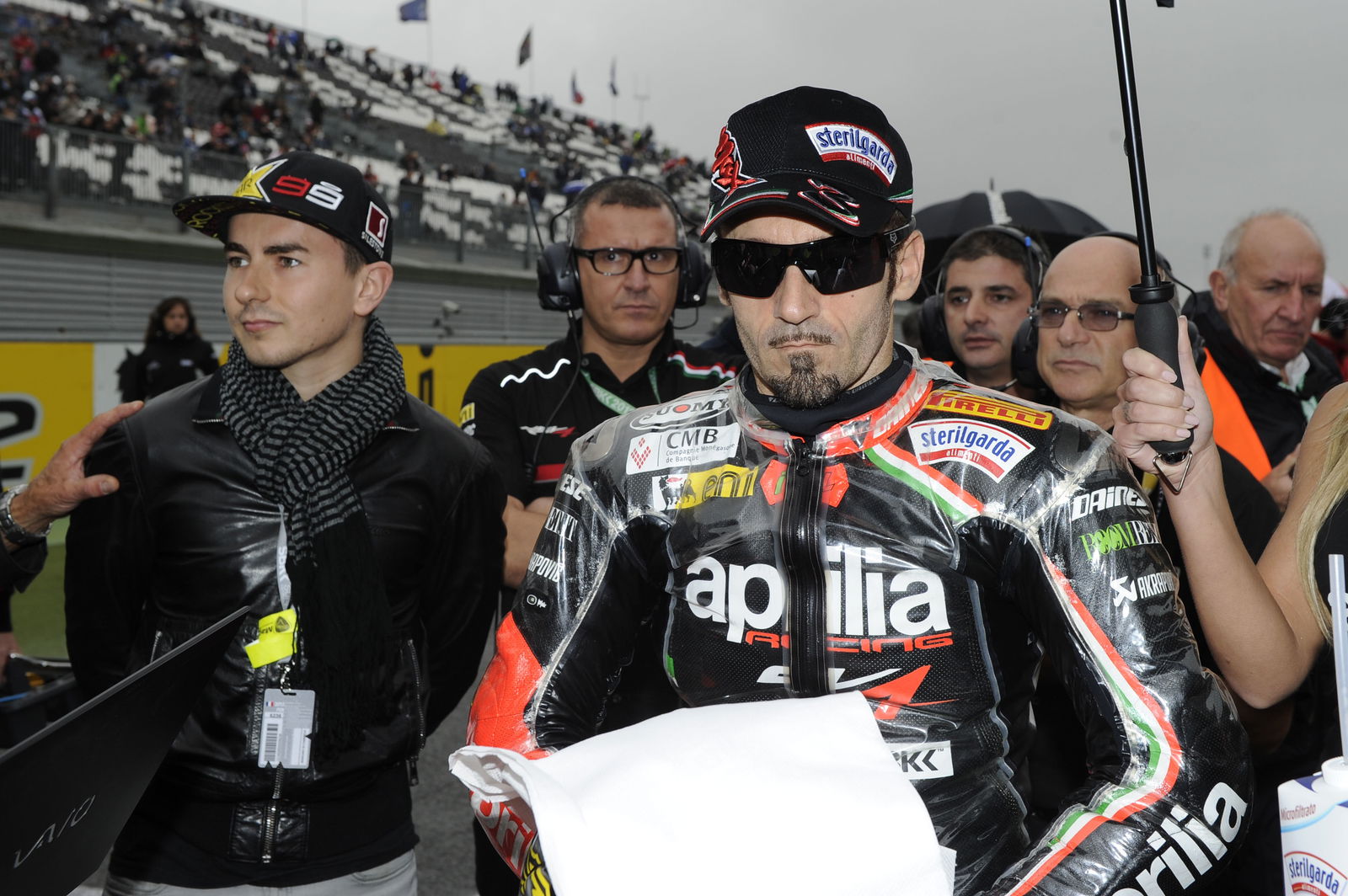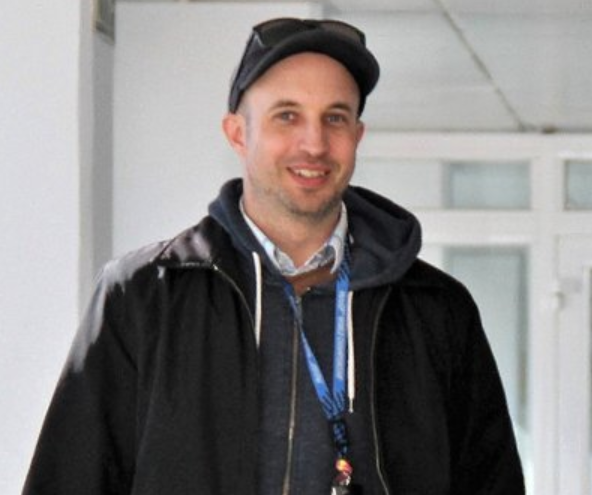Dorna boss explains MotoGP, WSBK deal

Dorna CEO Carmelo Ezpeleta spoke to the media at Motegi on Thursday, answering questions on the surprise announcement that Dorna is to run both MotoGP and WSBK from next season.
Private equity group Bridgepoint, majority shareholder of Dorna since 2006, acquired Infront Sports & Media last September, which included WSBK organiser Infront Motorsports.
Last week's announcement revealed that the organisation of both MotoGP and WSBK will be moved under 'one roof' - Dorna's roof.
The long-time rivals thus find themselves working directly, in pursuit of shared goals.
Ezpeleta explained the background to the decision: "Since Bridgepoint's acquisition of Infront Sports and Media, we have been having several meetings with Infront Motorsports to try to adapt the technical rules of both championships.
"We had several meetings during last year... trying to accommodate the rules first of all. And this was impossible.
"So finally the decision of Bridgepoint was to maintain two separate championships as two separate companies, but both under the umbrella of Dorna Sports.
"We are still talking with the people to know exactly who will run WSBK [but] at the top of both championships there will be Dorna."
As previously indicated, the move will have little direct impact on the 2013 World Superbike Championship rules.
"For 2013 the WSBK regulations will be the ones that have been approved between the FIM and Infront Motorsports. For 2014, we will obviously work together with the manufacturers and the different bodies involved to change the regulations."
2014 is when Dorna plans to introduce new cost-cutting/show-enhancing technical rules for MotoGP - and now WSBK. "It's obvious that the technical regulations, in my opinion, in both championships are so expensive," he said.
The MotoGP cost-cutting options currently being discussed include the possibility of a standard ECU and rev limit. Ezpeleta insisted they are just one way of reaching the main goal.
"We are not 'in favour' of ECUs or limit of revs or whatever, we are in favour of reducing the costs and increasing the show. This is the main aim of both championships."
Either way, it would make little sense to restrict electronics in grand prix racing and allow open electronics in WSBK for example.
Ezpeleta avoided questions about a WSBK electronic clampdown - "It's too early... there will not be any changes for 2013" - but did highlight the issue of engine durability.
MotoGP has a limit of six engine changes per rider, per season - but WSBK teams can presently use as many engines as they like.
This not only reduces the already slim performance gap between MotoGP and WSBK, but means that a privateer CRT MotoGP machine (twelve engine changes per year) has a lower level of tuning than the same engine in WSBK.
"We think that a championship derived from production bikes that is using 39 engines during one season, and in MotoGP you are using just six - to be honest it's not very correct, and we need to set up both championships with their own spirit," he said.
"One is from bikes based on production motorcycles, and another is for prototypes. This is something we will do with the FIM first, and then with the manufacturers who are involved in both championships."
Ezpeleta added that discussions with the MotoGP manufacturers over the 2014 rules would continue and played down any big showdown with Honda, which vehemently opposes a control ECU but has seen its position weakened by the MotoGP/WSBK restructuring.
"With Honda it is always easy to talk," said Ezpeleta. "We are happy to talk with all the manufacturers about the ways to run the championship."
End.


